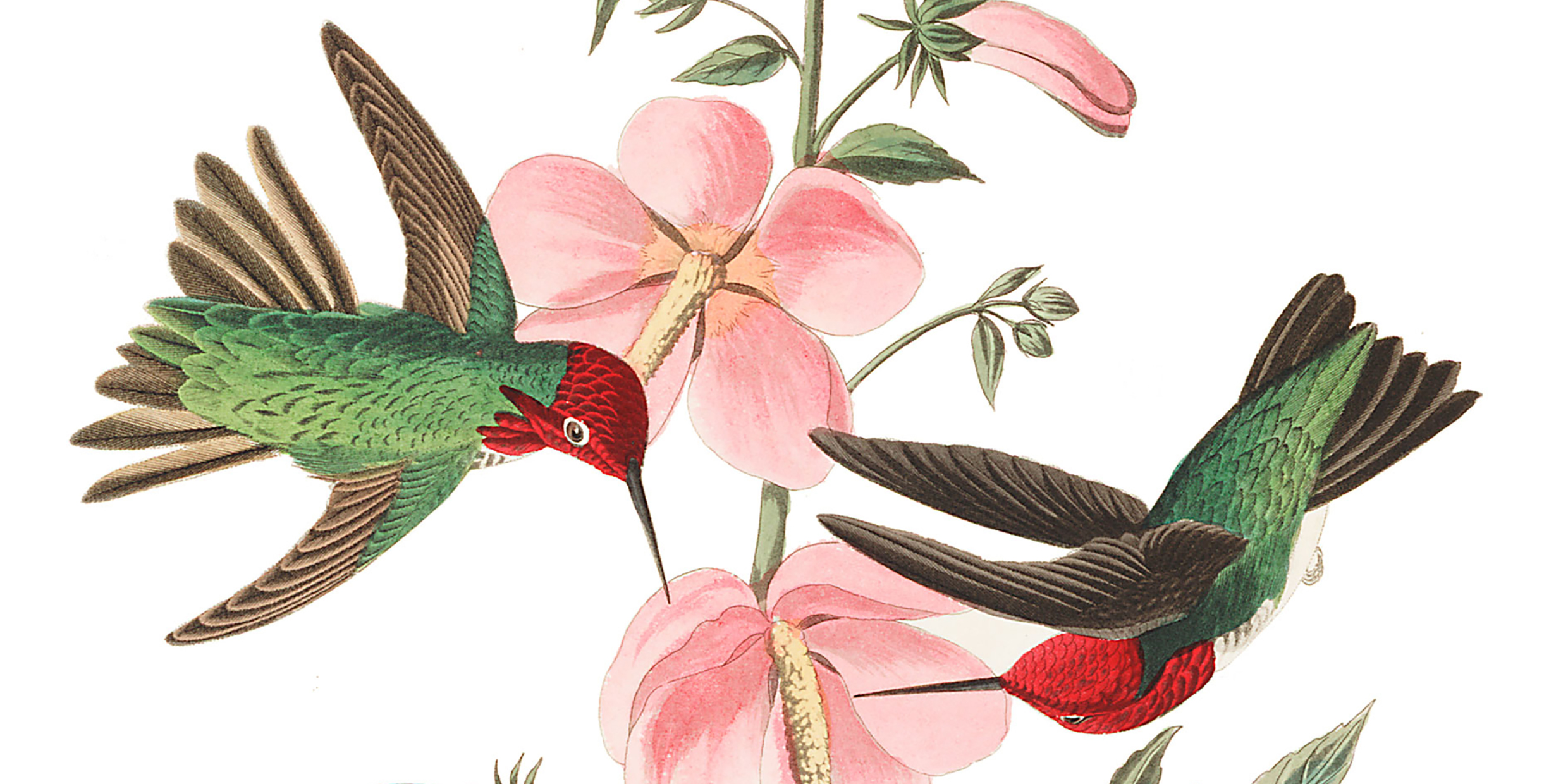Originally published 28 November 2000
E. O. Wilson and Wendell Berry are unlikely opponents in the cultural wars.
Both men have roots in rural America. Both men are motivated by a love of nature. Both men are prolific writers whose work is represented almost side by side in the Norton Anthology of Nature Writing. Both men see environmental catastrophe in the offing if humans continue their wanton ways. Both men champion conservation and biodiversity.
Yet they are at loggerheads on two of the biggest questions of our time: What is the human self? And what is our surest guide to a humane future?
Two years ago, Edward Wilson, Harvard professor and world-famed entomologist, took his stand on these issues in a best-selling book titled Consilience. He called for a coming together (consilience) of the arts and sciences on the basis of a scientific understanding of the world.
We are a species of animal that evolved in a particular environment, with behaviors and predispositions shaped for optimum survival in that environment, Wilson stated. Even the crowning glory of our species — our large, aware, and self-reflective brain — is a survival adaptation.
The most fruitful way of understanding ourselves is to work from the bottom up — physics, chemistry, biology, sociobiology, evolutionary psychology. Even art and religion might potentially be understood as manifestations of our evolutionary history.
Wilson believes “that entirely on our own we can know, and in knowing, understand, and in understanding, choose wisely.” His self-confidence stems from the growth of scientific knowledge, which has taught us much about ourselves. Humanity, like all of life, is self-assembled, he said. No one brought us here, and no one can help us but ourselves.
Explaining life and consciousness will be hugely difficult, Wilson stated, but to say that they cannot be explained is defeatist, the lazy modern equivalent of “it’s the will of God.” Even our rules of ethics are products of our genetic and cultural co-evolution, and therefore potentially open to scientific understanding.
All of which drives Wendell Berry to distraction.
Berry is a farmer and a writer. After an early fling in academics, he returned to his native region of Kentucky in 1965, where he began cultivating the land and putting words on the page. His prodigious literary output includes novels and poetry. His essays on land management, economy, and environment have won him a reputation as one of the great spirits of the environmental movement.
His newest book, Life Is A Miracle: An Essay Against Modern Superstition, is pointed directly at Ed Wilson’s Consilience. Berry accuses Wilson of an arrogant and futile attempt to subjugate the humanities to science.
His argument is a passionate restatement of Wordsworth’s “we murder to dissect.” A mystery scheduled for explanation is no longer a mystery, Berry insists, and humans cannot live humanely in a world without mystery. Living creatures are not machines, they cannot be reduced to chemistry and physics, and they will never be fully understood by science.
Wilson’s professed humility in the face of complexity is only politeness, Berry stated, a thinly disguised imperialistic design on the sovereign territories of art and religion. He accuses science of “proprietariness,” of assuming ownership of what it does not own. He calls instead for “propriety,” a sense of limitations, of context, and of conformity to the usages of traditional society.
Of course, “proprietary” and “propriety” have the same Latin root, meaning “ownership,” and Berry, like Wilson, stakes his own claim for truth. His quarrel with Wilson is an old one — the Romantic versus the Enlightenment. Wordsworth drew the same line in the sand two centuries ago, to no avail; science and technology have enjoyed unimpeded advance.
Berry professes to allow science its proper realm, but opts for a suppression of human curiosity — the driving force of science — in favor of folk wisdom. Wilson aligns himself with the Enlightenment ideal of reasoned progress, and hopes to make the best of a problematic future.
The stark black-and-white jacket of Wilson’s book suggests something of the hard-edged methodologies of science. The designer of Berry’s book jacket adopted imitative design motifs, but replaced the life-denying black and white with bright pastels and a detail of an Audubon painting of hummingbirds sucking nectar from gorgeous blossoms.
The contrasting jackets stack the deck in Berry’s favor. The appeal of Romanticism has always been its hankering for an idealized past; an Edenic world were hummingbirds eternally suck nectar from blossoms, where sickness, violence, poverty, and the exploitation of life by life do not exist. Wilson’s equally idealized future may not have the same pastel appeal, but at least his journey starts in the here and now, and aims for a reasonably attainable destination.
These two brilliant books, by brilliant men, cast into sharp focus one of the most important debates of our time. Edward Wilson and Wendell Berry are worthy opponents. But, in the only battle that really counts, they are natural allies — two life-affirming humanists who speak for knowledge and generosity in the face of the always-present powers of ignorance and greed.




Add to this well wrought distinction the great problems with the Romantic and Transcendental approach.
1. Berry, Wordsworth, Emerson, et al ultimately find truth in personal revelation, and personal revelation is subjective. They are confident that all true mystics will share revelations similar to theirs. That assumption has been revealed to be untrue. Did Hitler have a revelation? Now we go to the second great problem.
2. When personal revelations are strongly held and backed by muscle and technological power, they often lead to violence. But have we ever had a war fought over contradictory science? No, because science is not a belief but a way of explaining and refining explanations. Revelation inevitably leads to the dictation of a fixed truth. And that leads to conflicts that cannot be resolved by reason.